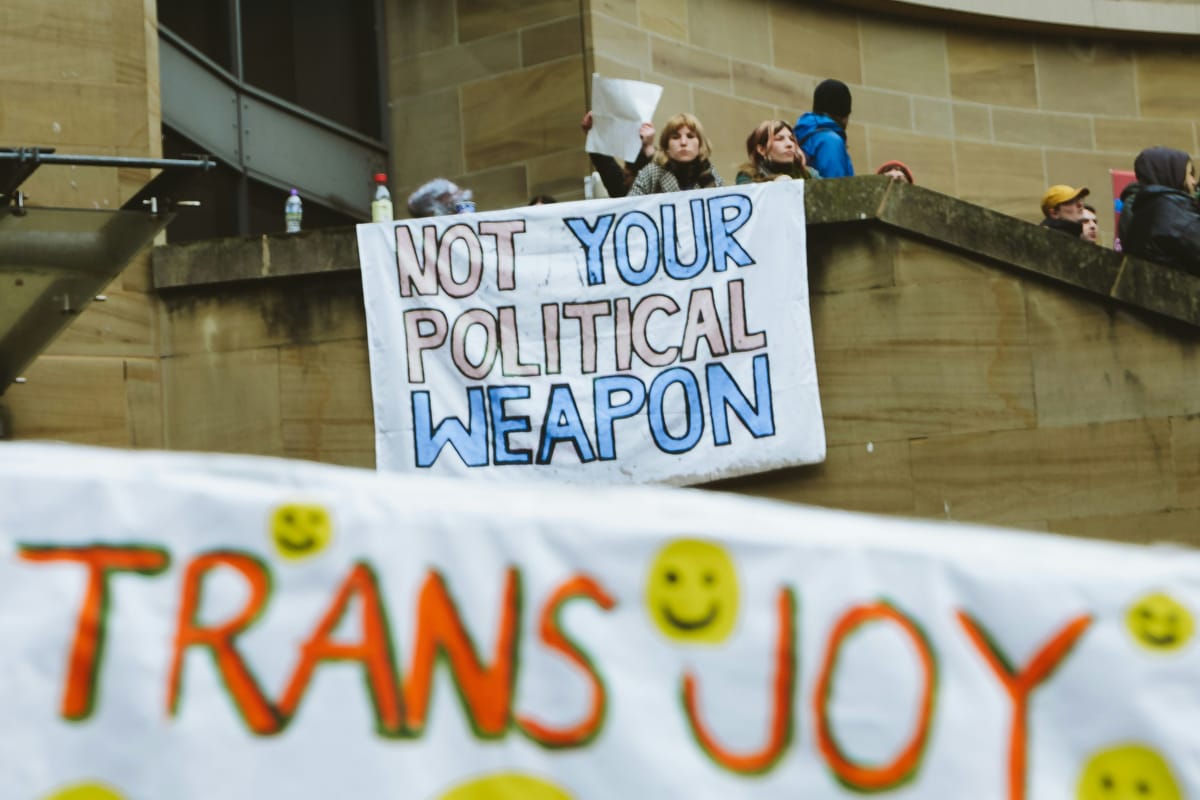Equality & Human Rights Commission to recommend sweeping ban on trans people accessing toilets, gyms and changing rooms that match their gender

The Equality and Human Rights Commission (EHRC) is preparing to issue new guidance that would advise public bodies to ban trans people from accessing spaces such as toilets, changing rooms, and sports facilities that match their gender, according to reports in The Times.
The guidance, which follows a Supreme Court ruling earlier this year affirming that the definition of “woman” under the Equality Act refers to biological sex, is expected to be submitted to Equalities Minister Bridget Phillipson for approval later this month. If adopted, it would apply to organisations providing public services, including schools, hospitals, prisons, gyms, and shops. Private companies and charities delivering services on behalf of public bodies would also be affected.
Under the proposed rules, organisations would be permitted to check birth certificates to enforce single-sex space policies. The EHRC has stated that the guidance will not mandate the creation of single-sex spaces, but where such spaces exist, trans women must be excluded to comply with the law.
🚨 BREAKING | Labour is set to impose a sweeping ban on trans people using any "single-sex space".
— Stats for Lefties 🍉🏳️⚧️ (@LeftieStats) August 7, 2025
In EHRC guidance that Labour is set to approve, trans people will be barred from accessing toilets, gyms and changing rooms that match their gender.
(Source: @TheTimes) pic.twitter.com/I55VWL5Pw7
The move has sparked fierce criticism from LGBTQ+ campaigners and legal experts. Critics argue that the guidance risks breaching human rights and could lead to the forced outing of trans individuals. Steph Richards, CEO of Translucent, warned that the policy could violate Article 8 of the European Convention on Human Rights, which protects the right to privacy.
Robin Moira White, a barrister specialising in discrimination law, described the guidance as potentially “incompatible with trans people’s rights” and said it could have a “horrific effect on trans lives”.
The EHRC has defended its approach, stating that it received over 50,000 responses to its consultation and is using a combination of expert legal analysis and supervised AI to process feedback. It insists the final code will remain consistent with the law as interpreted by the Supreme Court.
Meanwhile, interim guidance already issued by the EHRC advises that trans women should not be permitted to use female facilities in workplaces and public services. It also notes that trans people should not be left without access to any facilities, suggesting that alternative provisions may be necessary.
The final version of the guidance is expected to be published later this year, potentially reshaping how gender identity is accommodated in public life across the UK.
Support independent LGBTQ+ journalism
Scene was founded in Brighton in 1993, at a time when news stories about Pride protests were considered radical. Since then, Scene has remained proudly independent, building a platform for queer voices. Every subscription helps us to report on the stories that matter to LGBTQ+ people across the UK and beyond.
Your support funds our journalists and contributes to Pride Community Foundation’s grant-making and policy work.
Subscribe today




Comments ()